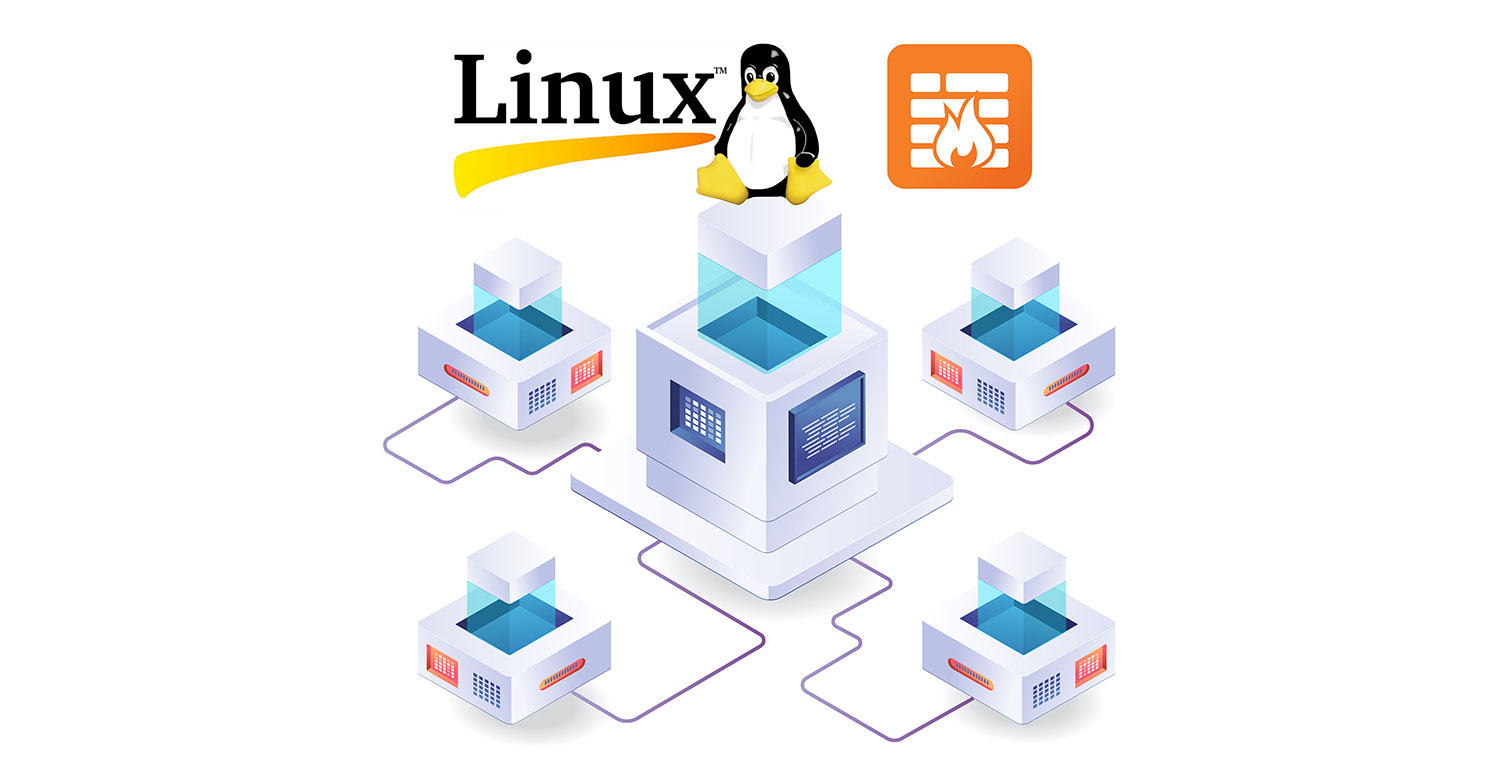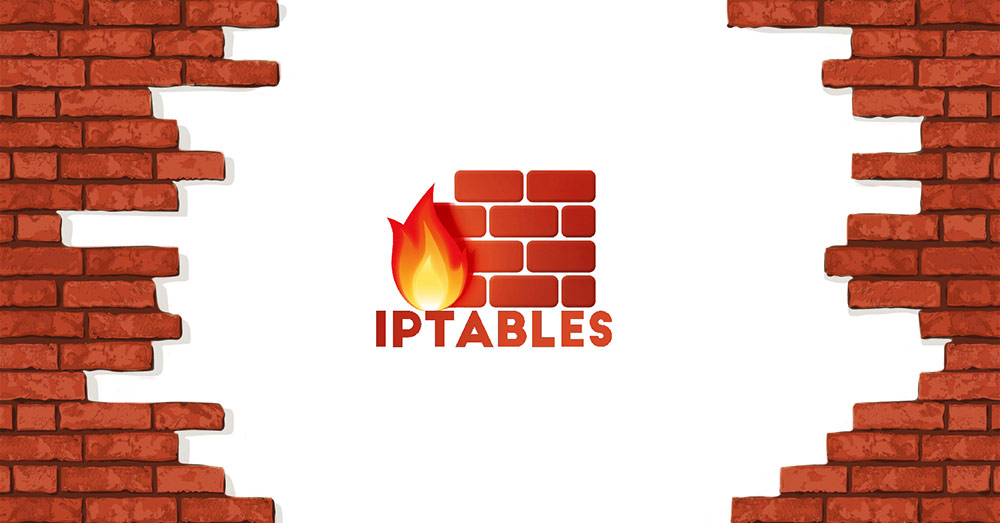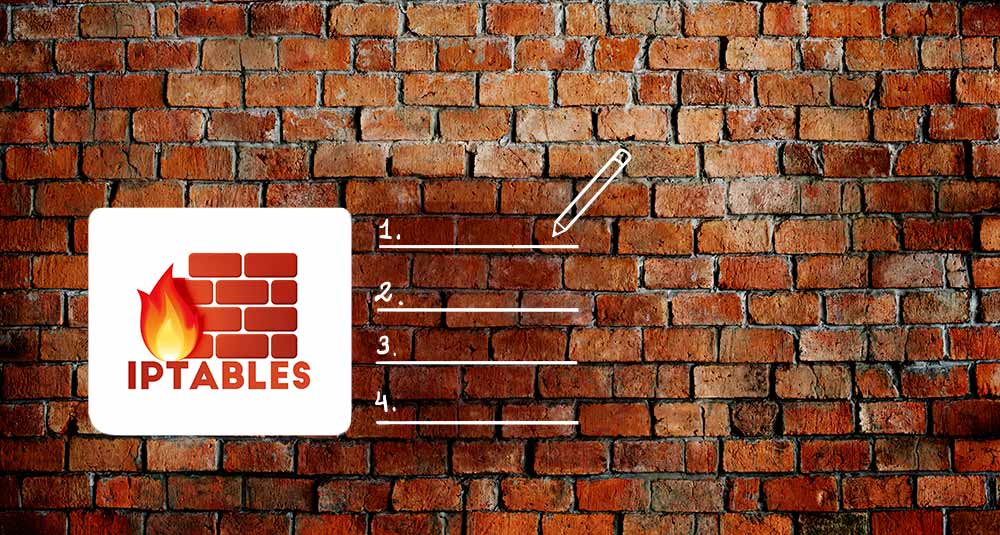A firewall is a security device (hardware/software) that protects the network by filtering traffic and blocking unwanted/unauthorized access to private data. Having a proper firewall is important to protect your servers and infrastructure. It can not only block unwanted traffic but also block malicious software from infecting the system. In the Linux ecosystem, iptables is a popular firewall that interfaces …
Forwarding Ports with Iptables in Linux: A How-To Guide
Port forwarding also referred to as port mapping, is a method for allowing remote devices to connect to a specific service within your private local-area network (LAN). As the name suggests, the process involves forwarding requests for a specific port to another port or network. It modifies the destination of the packet in-flight and is considered a type of network …
Setting up a UFW on Ubuntu and Debian Cloud Server
Introduction We all know that computer security is essential for protecting your data. If a hacker was to find their way into your server, they can cause some serious damage. To make sure this doesn’t happen, you need to employ the appropriate security measures. The first line of defense that any incoming threat would encounter in a safeguarded system would …
Configuring an Iptables Firewall: Basic Rules and Commands
Introduction Iptables is a command-line firewall utility. This means that it is software that allows you to configure a firewall on your system. It is typically available by default on Linux systems. In this guide, we will discuss some of the common rules and commands that go with the iptables firewall. Whenever a connection tries to establish itself with your …
Listing and Deleting Iptables Firewall Rules
Iptables is the primary firewall that comes with most of the Linux distros by default. It’s responsible for handling network security. It works by comparing the data packets against a set of rules, instructing the system to accept, refuse, or forward a connection according to the rules. In this tutorial, we will show you how to list and delete rules, …






